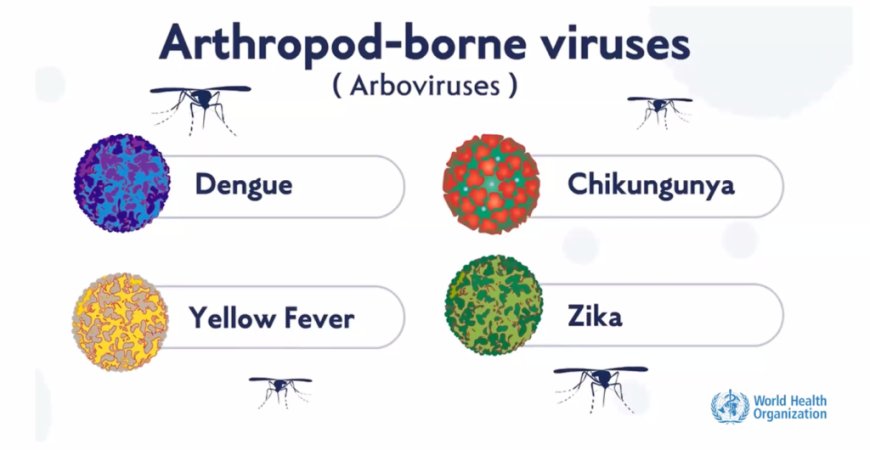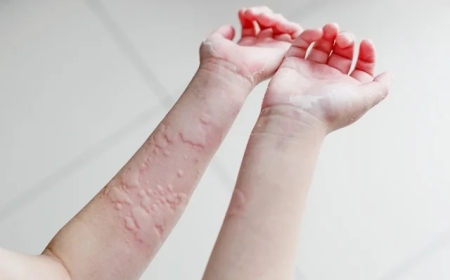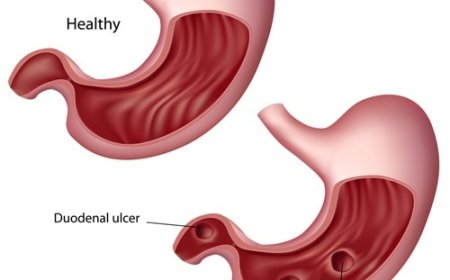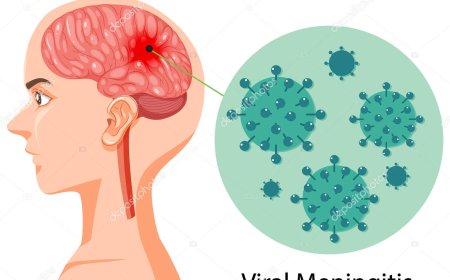Arbovirus A Chikungunya

Introduction:
In the diverse and culturally rich country of India, where monsoons bring life and joy, there is a tiny intruder that lurks in the shadows - the Chikungunya virus. Today, we will unveil its mysteries and explore its impact on India's health. We will delve into the signs and symptoms, what Chikungunya is, how it's classified, what causes it, risk factors, different types, diagnostic tests, treatments, complications, and some simple ways to protect ourselves from this pesky intruder. So, let's embark on a journey to safeguard India's well-being against the Chikungunya virus!
Sign and Symptoms:
Chikungunya is like a sly magician that brings pain and discomfort to those it affects. It can lead to some common signs like:
- Sudden onset of fever, like a high temperature that makes you feel unwell.
- Severe joint pain, like aching or stiffness in the joints that hinders movement.
- Headache and muscle pain, like a persistent discomfort in the body.
What Is Arbovirus A Chikungunya? :
Arbovirus A Chikungunya is like a sneaky intruder that belongs to the arbovirus family, transmitted by mosquitoes. It causes an infection known as Chikungunya, leading to flu-like symptoms and joint pain.
How Is Arbovirus A Chikungunya Classified? :
Arbovirus A Chikungunya is classified based on its genetic characteristics and variations in the virus. It belongs to the Togaviridae family and the Alphavirus genus.
Causes and Triggers:
The Chikungunya virus is like an unwelcome guest that enters our bodies through mosquito bites. Some common triggers for Chikungunya in India include:
- Mosquito Bites: Mosquitoes, especially the Aedes species, transmit the Chikungunya virus when they bite and feed on human blood.
- Breeding Sites: Stagnant water in containers or open areas serves as breeding grounds for mosquitoes, increasing the risk of Chikungunya.
Risk Factors with Examples:
Certain factors can increase the risk of getting infected with the Chikungunya virus, just like some kids may have a higher chance of catching a cold if they don't wear warm clothes in winter. Some risk factors include:
- Living in High-Risk Areas: People residing in regions with a high mosquito population are at increased risk of Chikungunya.
- Lack of Mosquito Control: Communities with inadequate mosquito control measures may experience higher transmission rates.
Types of Arbovirus A Chikungunya with Detailing for Each Type:
Chikungunya virus strains can vary based on their genetic characteristics. Some common types include:
- Asian Chikungunya Virus: Found predominantly in Asia, including India, this strain is responsible for Chikungunya outbreaks in the region.
- East/Central/South African Chikungunya Virus: Found in regions of Africa, this strain can also cause Chikungunya infections in India.
Diagnostic Tests and Treatments:
To diagnose Chikungunya, doctors may perform blood tests to detect specific antibodies or the presence of the virus. Some common treatments include:
- Symptomatic Relief: Medications for fever, pain, and inflammation are given to provide relief from Chikungunya symptoms.
- Rest and Hydration: Resting and staying hydrated are essential to help the body recover from the infection.
Complications of Arbovirus A Chikungunya and Prevention Techniques:
Chikungunya can lead to complications in some individuals, like severe joint pain or long-lasting joint stiffness. To protect ourselves from Chikungunya, kids can practice simple measures, like wearing mosquito repellent and long-sleeved clothing, and ensuring that water containers are covered to prevent mosquito breeding.
Arbovirus A Chikungunya might be like a sly magician that brings discomfort to India, but with the right knowledge and preventive measures, we can protect our well-being. Just like we embrace the monsoons and cherish nature's blessings, being aware of Chikungunya's presence can help us guard against its impact. By taking simple steps to protect ourselves from mosquito bites and supporting community efforts to control mosquito breeding, we can ensure a healthier and happier India, where the pesky intruders like the Chikungunya virus have no place to cause harm.
What's Your Reaction?
 Like
0
Like
0
 Dislike
0
Dislike
0
 Love
0
Love
0
 Funny
0
Funny
0
 Angry
0
Angry
0
 Sad
0
Sad
0
 Wow
0
Wow
0








































































